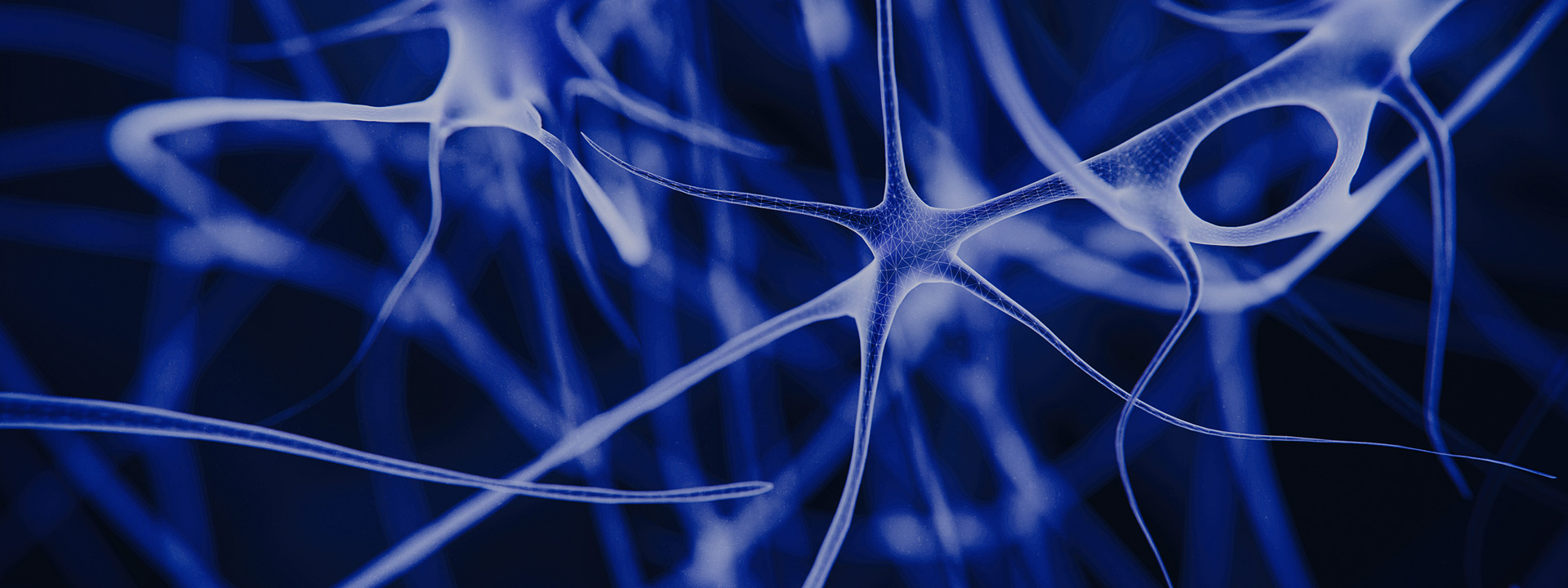
Lack of effective disease models is one of the important reasons for the low success rate of CNS drug development. TriApex provides non-human primate (NHP) models for a variety of central nervous system diseases. The core team is staffed by scientists in the fields of neurology, clinical medicine and neuropharmacology, of which masters and doctors accounting for 80%, and committed to the establishment of CNS disease models and pharmacological/pharmacodynamic research.
 Route of Administration
Route of AdministrationTriApex is capable to perform the intracerebroventricular (ICV) injection, striatum injection, hippocampus injection, intrathecal injection, foramen magnum injection and injection to other brain regions in NHPs, rats, mice, etc.
 Studies
Studies-General toxicology study:
DRF study, single dose toxicity study, repeat dose toxicity study
-Reproductive toxicity study:
FEED, EFD, PPND
-Genotoxicity tests:
Ames assay, micronucleus assay, chromosomal aberration assay
-Local toxicity study:
Vascular/skin tolerance test, anaphylaxis test, hemolysis test
-Immunogenicity study
-Immunotoxicity study
-Safety pharmacology study:
Evaluation of effects on cardiovascular, respiratory and nervous systems
-Toxicokinetics study
-Carcinogenicity study
-Drug dependence study:
Self-administration (SA), drug discrimination (DD), conditioned place preference (CPP), withdrawal, etc.
 CNS-related Tests
CNS-related Tests-Spontaneous activity
-Shuttle box
-Morris water maze
-Rotarod
-Grip Strength
-Nervous system functional observation battery (FOB/Irwin)
-Electrophysiology (electroencephalogram, EEG) (in validation)
-Withdrawal (rat)
-Self-administration (rat)
-Drug discrimination (rat)
-Conditioned place preference (rat)
-Biochemical analysis in brain tissues, CSF, etc.
-Pathological analysis (slicing and staining of specific brain regions)
-Others
